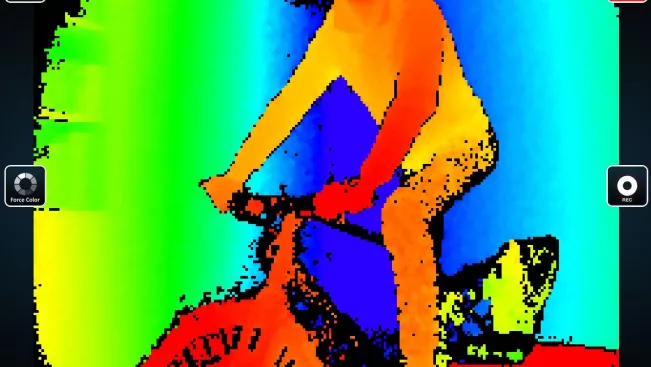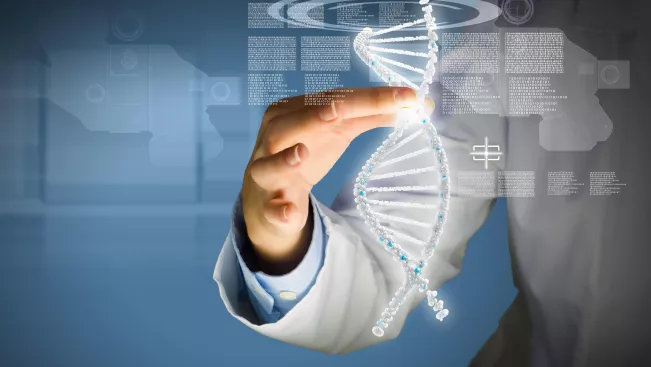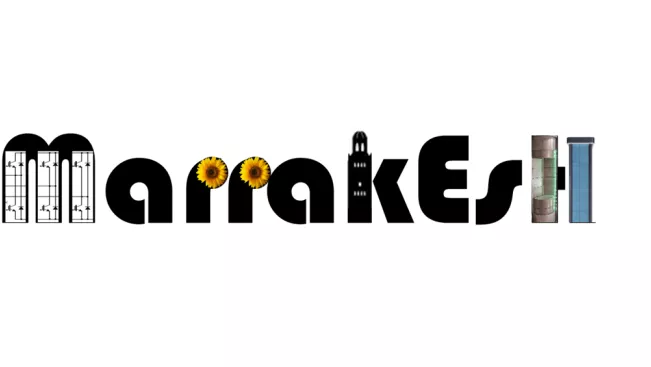Research at the university
Research Database: Projects
Forschungsprojekte (247)
Information and communication technologies (ICT) have become part of our everyday life and it is almost impossible to imagine life without them. Reason for that is the increasing digitalization of our world. Especially in our economic sector ICTs are one of the most driving factors for innovation and therefore strongly responsible forthe competitiveness of many companies. But ICTs not only influence our lives within economy, they also shape our society e.g. in authorities.
Project management at the H-BRS
Professor im Ruhestand / retired professor Dr. Karl JonasCities and municipalities must create the right framework conditions for road traffic so that it is compatible for everyone from an ecological, economic and social point of view. To ensure this, precise measurements of traffic volumes and a classification of road users are required.
Project management at the H-BRS
Prof. Dr Jürgen Apfelbeck Prof. Dr Robert Lange Prof. Dr Robert SchollIndividual variants in the DNA sequence (i.e. the linear sequence of the 4 DNA building blocks, the so-called bases) are called polymorphisms and can influence the function of genes and thus contribute to the clinical manifestation of diseases or influence their course and therapy. In addition, polymorphism patterns can be so characteristic for each individual that they also enable the forensic identification of perpetrators and victims on the basis of a DNA trace.
Project management at the H-BRS
Prof. Dr Richard JägerLowGHGWatt is a joint project with the Israeli Ben-Gurion University of the Negev. It is funded within the framework of the German-Israeli Water Technology Cooperation by BMBF and MOST.
Project management at the H-BRS
Prof. Dr Steffen WitzlebenTransHyDE-Sys is a system analysis project and a joint project within the lead project TransHyDE. In addition to the system analysis, there are also implementation and research projects on the topic of H2 transport in the lead project. As a cross-sectional project, the system analysis performs a special function: On the one hand, essential system knowledge for the time-dependent construction and coupling of the energy infrastructures is generated with the help of own modelling and simulation work as well as ecological analyses.
Project management at the H-BRS
Prof. Dr Tanja CleesIn the MarrakEsH project, GKN HYDROGEN GmbH, Proton Motor Fuel Cell GmbH, Bonn-Rhein-Sieg University of Applied Sciences (H-BRS), the Fraunhofer Institute for Energy Economics and Energy System Technology (IEE), Würth Elektronik eiSos GmbH & Co. KG and Infineon Technologies AG are working on a self-sufficient energy supply with hydrogen.
Project management at the H-BRS
Prof. Dr Marco Jung Prof. Dr Tanja CleesIn the LEITNING project, a novel battery inverter with high mass power density is being researched and field tested to provide a highly-available and modular AC grid and grid-supporting functions using advanced circuit topologies based on innovative SiC MOSFET power modules, magnetic devices and control strategies.
Project management at the H-BRS
Prof. Dr Marco JungThe "Digital Twin-4-Multiphysics Lab" (DT4MP) focuses on urban digital twins (UDTs) and multiphysics twins for industry, treating both areas equally and synergistically. By integrating real-time data and advanced simulations, DT4MP enhances urban processes, infrastructures, and industrial production efficiency. Combining AI and machine learning, the lab provides services like data analysis and virtual testing for SMEs and larger companies. Founded by leading institutes, DT4MP drives digitalization research in urban and industrial contexts.
Project management at the H-BRS
Prof. Dr Sebastian Houben Prof. Dr Dirk Reith Dr Alexander HaggBio-chemical research is increasingly dependent on accurate computer modelling and analysis. This field of research is by its very nature highly interdisciplinary, as basic physical laws must be implemented algorithmically in order to make relevant contributions in life science applications. The project and the associated initiative UMMBAS bundles the strong cross-disciplinary expertise at the H-BRS in method development, visualisation and the application of computer-based procedures for deciphering material science and biochemical issues.
Project management at the H-BRS
Prof. Dr Matthias PrellerThe energy transition that Germany is striving for - away from fossil fuels and toward more renewable energies - requires more storage capacity. The fluctuating energy flows caused by changing weather conditions must be balanced by energy storage systems. Hydrogen is a promising energy carrier for this purpose. It can help to create a seasonal balance of solar energy. Hydrogen can be produced from water by electrolysis using electricity from photovoltaics (PV). Hydrogen can then be stored in metals or pressurized gas storage tanks. If required, hydrogen is converted back into electricity by means of a fuel cell, releasing heat in the process. For the FlexHyX project, PhD candidate STEFFEN SCHEDLER is developing scenarios for the system integration of such hydrogen storage in the Cologne region. He is investigating how much energy from rooftop PV systems on residential buildings can be temporarily stored and how these storage systems can be integrated into future electricity and hydrogen gas grids. For this purpose, different sources from public databases are combined and the influence of building sizes (single to multi-family houses) is investigated in simulation models.
Contact Points
Centre for Science and Technology Transfer (ZWT)
Room
F 405
Vice President Research and Transfer
Campus
Sankt Augustin





